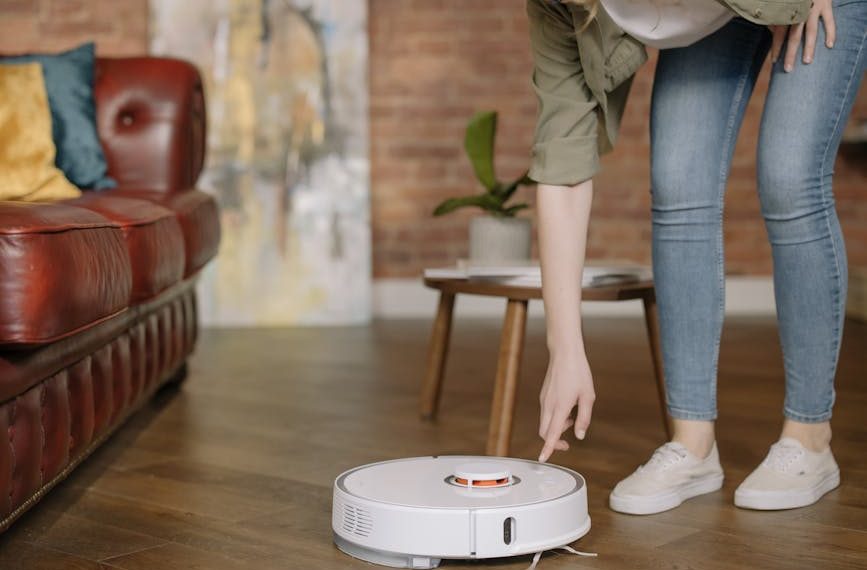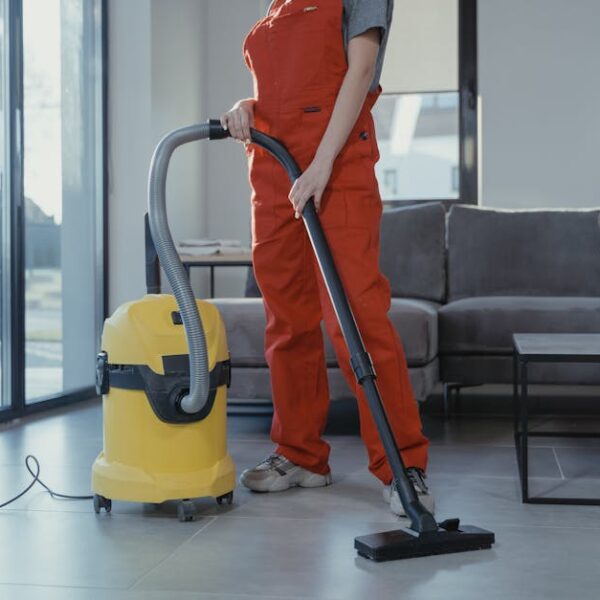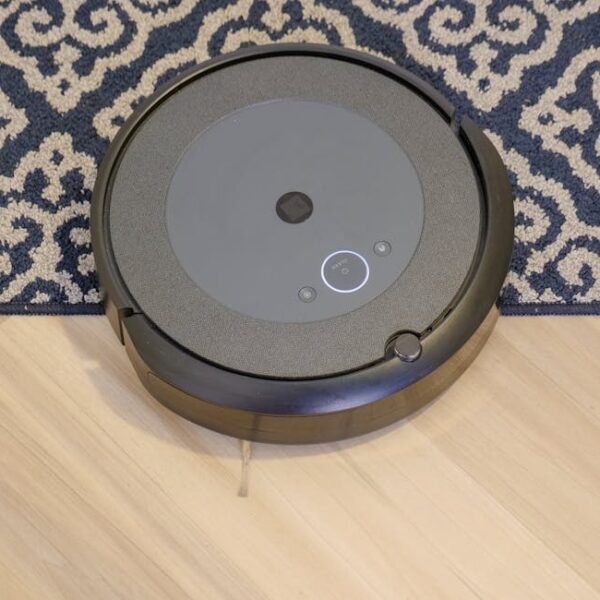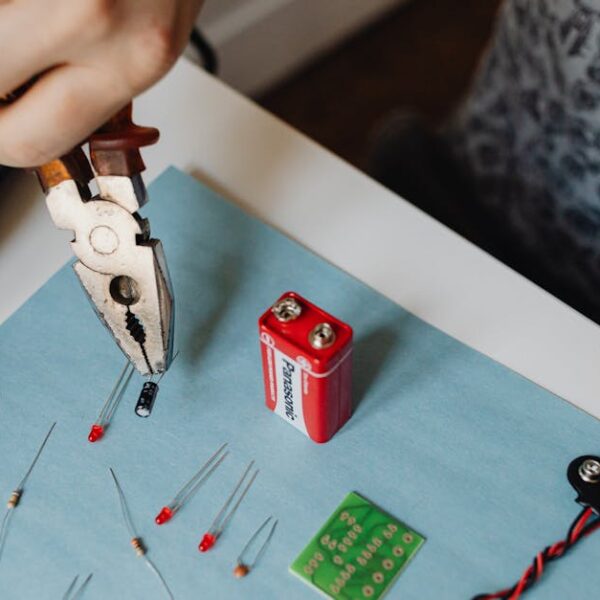If your Bissell vacuum cleaner starts exhibiting excessive noise, it may be a sign of an underlying issue that needs addressing. Vacuum cleaners are by nature somewhat noisy appliances, but understanding the difference between the normal operational sound and the potentially damaging threatening rattle could be the key to maintaining the longevity and performance of your device.
Understanding the Normal Operation Sounds of Vacuum Cleaners
The first step towards solving the mystery of an unusually boisterous vacuum cleaner is to recognize the standard noises associated with its regular operation. Generally, your vacuum cleaner may emit a low, steady hum during use – the harmonious symphony of the motor, fan, and air movements. The sound may increase slightly while the device handles a substantial amount of dirt, or when maneuvering around furniture.
- Whir of the spinning brush roll
- Hum of the functioning motor
- Whoosh of the air sucked in through the vacuum
Common Causes of Unusually Loud Noise in Bissell Vacuum Cleaners
An unusually loud Bissell vacuum may have several common culprits. From a clogged tube hampering airflow to a loose part rattling against another – the reasons could be multifold. Dobbing these issues initially can help save your device from further damage, and prevent a potential reduction in its cleaning efficiency.
- Clogs in hose or filters – affecting airflow
- Loose or broken parts within the vacuum
- Damaged or dysfunctional motor
| Pros | Cons |
|---|---|
| Temporary ease of not dealing with the issue immediately | Potential long-term harm to the vacuum’s internals, reducing its lifespan |
| You might still be able to clean, albeit inefficiently | Ineffective cleaning due to reduced suction power |
How to Identify the Reason Behind the Noise
Detecting the root of the clamor in your Bissell vacuum cleaner can be a do-it-yourself task before resourcing professional help. Begin by switching off and unplugging the vacuum cleaner, followed by carefully examining the brush rolls, belts, and hoses, looking for obstructions or loose parts.
- Check for blockages in the hose, dust cup, or filters
- Look for loose or broken parts
- Investigate the motor for any signs of damage
Methods to Fix the Noise Problem of Your Bissell Vacuum Cleaner
Once you’ve identified the source of the noise, the next step is rectifying the issue and restoring your vacuum cleaner to its harmonious hum. Clearing out blockages, tightening loose parts, or even replacing broken components could be the solution. However, sometimes, an overly damaged or worn out motor might require professional help.
– Remove any visible clogs from the vacuum hose or dust cup
– Tighten any loose screws and replace damaged belts
– Clean or replace filters as required
- Regularly clean dust cups and filters
- Check and clear blockages after heavy cleaning tasks
- Inspect your vacuum for any loose or broken parts during periodic maintenance checks
- Use vacuum cleaners on appropriate surfaces as per model’s specifications
When to Seek Professional Help
While many minor issues with your Bissell vacuum cleaner can be tackled at home, some problems warrant the helping hand of a professional. If your DIY troubleshooting couldn’t put a halt to the excessive noise, or if you suspect a major motor issue, it might be time to take your vacuum to a service center.
| DIY Fix | Professional Help |
|---|---|
| You can handle most small blockages, loose parts, or filter replacements | Complex motor issues or problems that persist after your fixes may require professional expertise |
| Cheaper, as you only need to pay for spare parts, if any | May be more costly, but guarantees a thorough fix and potentially extends your vacuum’s lifespan |
Each Bissell vacuum cleaner is designed to make your cleaning chores easier. Taking note of unusual noises and addressing them promptly could save your device from irreversible damage, ensure its efficiency, and extend its lifespan. Remember, a quiet vacuum is a happy vacuum!
Key Takeaway:
- Vacuum cleaners generally make some noise during operation, but a significant increase in volume might indicate an issue.
- Common causes for excessive noise in Bissell vacuum cleaners include blockages, loose or broken parts, and engine problems.
- Users can typically identify the source of the noise through simple troubleshooting steps, including examining the hose, filters, and parts for blockages or damage.
- Methods to fix the noise problem might range from clearing blockages and tightening loose parts to seeking professional help for substantial motor issues.
- While many minor issues can be addressed at home, problems like a severely damaged motor warrant consultation with a vacuum cleaner service expert.
Take good care of your Bissell vacuum cleaner by recognizing and promptly addressing any unusual sounds. With regular maintenance and a keen ear, you can ensure your vacuum lives up to its full potential and delivers efficient cleaning for years to come.
What Could Be Causing My Bissell Vacuum Cleaner to Be Loud If It Has Suddenly Stopped Working?
If your Bissell vacuum cleaner has suddenly stopped working and became loud, it’s essential to consider various factors. Check for clogs or damaged parts, as these can lead to abnormal sounds. Consult reliable troubleshooting tips for your vacuum cleaner issues to help identify and resolve the problem effectively.
FAQs
Q: What is the normal sound of a Bissell vacuum cleaner?
A: The functioning of a vacuum cleaner typically generates a constant humming noise. This comes from the motor, fan, and air movements. However, this may increase slightly when dealing with a substantial amount of dirt or moving around obstacles.
Q: How can I identify problems in my vacuum cleaner?
A: Look out for noticeable changes in the performance or sound of your vacuum cleaner. Particularly, if the vacuum cleaner becomes unusually loud, it may indicate issues such as blockages, loose parts, or problems with the motor.
Q: What should I do if my vacuum cleaner starts making excessive noise?
A: Start by turning off and unplugging the vacuum. Inspect the brush rolls, belts, and hoses for any obstructions or loose parts. If the problem persists, seeking professional help is recommended.
Q: Can I fix the noise issue in my Bissell vacuum cleaner at home?
A: Often, yes. Simple issues like clearing blockages or tightening loose parts can typically be handled at home. However, larger issues like motor problems may require professional assistance.
Q: When should I replace my vacuum cleaner instead of fixing it?
A: If the vacuum cleaner is old, or if the cost of repair is high, considering a replacement might be more cost-effective. Also, if the machine persistently has issues despite repairs, a new model could provide a more reliable and efficient solution.
Remember to share this article with anyone who might find it useful and explore more posts on our website for additional advice and insights.












